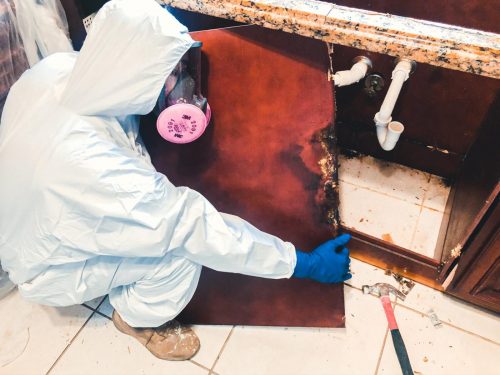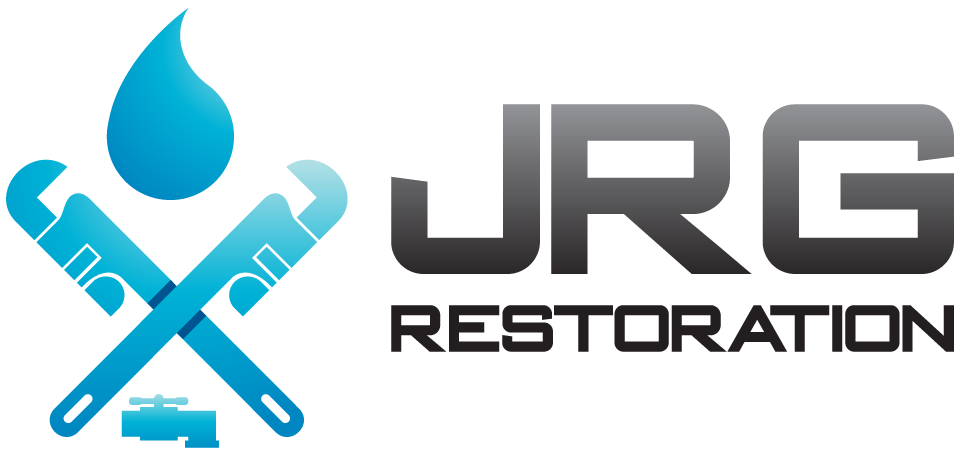Why is mold growing in your home?

Mold is part of the natural environment. Outdoors, mold plays a part in nature by breaking down dead organic matter such as fallen leaves and dead trees, but indoors, mold growth should be avoided. Mold reproduces by means of tiny spores; the spores are invisible to the naked eye and float through outdoor and indoor air. Mold may begin growing indoors when mold spores land on surfaces that are wet. There are many types of mold and none of them will grow without water or moisture.
Can mold cause health problems?
Mold is usually not a problem indoors unless mold spores land on a wet or damp spot and begins growing. Mold has the potential to cause health problems. Mold produces allergens (substances that can cause allergic reactions), irritants, and in some cases, potentially toxic substances (mycotoxins). Inhaling or touching mold or mold spores may cause allergic reactions in sensitive individuals. Allergic responses include hay fever-type symptoms such as sneezing, runny nose, red eyes, and skin rash (dermatitis).
How do I get rid of mold?
It is impossible to get rid of all mold and mold spores indoors; some mold spores will be found floating through the air and in house dust. The mold spores will not grow if moisture is not present. Indoor mold growth can and should be prevented or controlled by controlling moisture indoors. If there is mold growth in your home, you must remove the mold and fix the water problem. If you remove the mold but don’t fix the water problem, the mold problem will come back.
Cleanup and biocides?
Biocides are substances that can destroy living organisms. The use of a chemical or biocide that kills organisms such as mold (chlorine bleach, for example) is not recommended as a routine practice during mold cleanup. There may be instances, however, when professional judgment may indicate its use (for example, when immune-compromised individuals are present).
In most cases, it is not possible or desirable to sterilize an area; a background level of mold spores will remain. These spores will not grow if the moisture problem has been resolved. If you choose to use disinfectants or biocides, always ventilate the area and exhaust the air to the outdoors. Never mix chlorine bleach solution with other cleaning solutions or detergents that contain ammonia because toxic fumes could be produced.
Please note: Dead mold may still cause allergic reactions in some people, so it is not enough to simply kill the mold, it must also be removed by professionals.
If you have ever had a leak you should have the air quality in your home tested and inspected for mold. If You think you might have a mold problem, it is because you most likely do. All you have to do is click and fill out the form on our contact us page for a FREE INSPECTION conducted by our professional team. Yes, it is FREE.
Source: epa.gov/mold/brief-guide-mold-moisture-and-your-home
Got mold or water damage?
